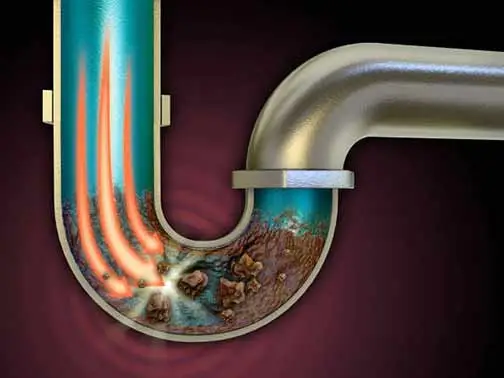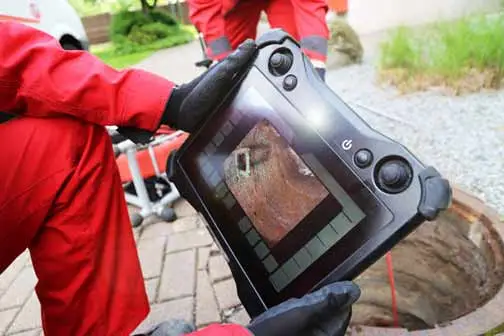
Without a doubt, a sewer line backup is the most disastrous drainage problem you can ever have in your home. What can be worse than the horrifying sight of raw sewage oozing into your home from the floor drains, shower drains or toilet?
Because of the highly unsanitary nature of wastewater, this plumbing emergency poses a huge health risk to your family, warns Azure Sky Realty, an expert property management Lubbock TX company. Additionally, if sewage from a sewer backup spills on the floor of your home, you will look at thousands of dollars in property damage.
What causes the sewer line in your home to back up, what are the warning signs of the problem and are there steps you can take to prevent it? This post explains remote causes of sewer line backup and how to prevent them.
Causes of sewer backup in the home
Your main sewer line is the central pipe that transports wastewater from your home into the city sewer line in the street. A sewer backup happens when this line is blocked, and wastewater flows backwards inside the pipe until it exits through the drains inside your home.
The most common causes of sewer line blockage are:
Flushing the wrong things
The sewer line will be blocked if you constantly pour fats, grease and oil into your drains. Items like wipes, diapers, paper towels, dental floss, etc, can also block the sewer line.
Tree roots infiltrating sewer pipes
Tree roots can grow over, around or into the sewer line. These can cause the sewer line to shift, or tree roots that penetrate the sewer line may eventually block it.
Chemical drain cleaners
Frequent use of chemical drain cleaners to clear clogs inside your sewer line will cause sewer backup because these chemicals can damage the sewer pipes and cause them to weaken and collapse.
Ground movements
Soil movements due to soil erosion, house settling, and unsolved water leaks can cause the soil around a sewer line to move out of place, leading to pipe blockage and low areas within the line.
Heavy traffic over sewer pipes
Your sewer line can be damaged if you drive heavy vehicles and equipment over the ground where it is buried. Excavation works can also damage the line.
Old and worn-out sewer pipe
If a sewer line is old or has suffered a lot of damage during its lifetime, the risk of serious blockages and the resulting backups will be greater.
Heavy rains and flooding
Heavy rains can cause the city sewer line to be overwhelmed with water. If this happens, the contents of your home’s sewer line will be pushed backwards into the house.

Warning signs of an impending sewer backup in your home
Gurgling noises
Gurgling sounds from the drains each time you use a plumbing fixture in your home are a sign that there is trapped air inside the sewer line due to blockages preventing proper airflow.
Multiple slow drains
If several drains in the home are slow or clogged at the same time, the blockage is most likely not in any of the affected drains but somewhere deep inside your sewer line.
Bad odors from the drains
The smell of sewer gas or raw sewage inside your home or around the yard means that sewer gases are trapped inside the sewer line and finding a way out through your drains.
Pest infestations
If you start to see a lot of vermin on your property, it could be that your sewer line is leaking, and pests are invading your home to feed on the contents of the broken sewer line.
Wet patches in the yard
Areas of the yard that are greener than others or wet patches in the lawn indicate a sewer line leak discharging wastewater into the lawn.

How to prevent sewer line backup in the home
Take necessary precautions
Firstly, you should take steps to prevent the causes of sewer backup listed above. Do not flush the wrong items into your drains. Avoid chemical drain cleaners and remove trees or shrubs threatening the sewer line.
Install a backwater valve
To ensure your sewer line is not overwhelmed by excessive rainfall, install a backflow valve device on the sewer line to keep its contents flowing in one direction.
Inspect the sewer line yearly
A yearly sewer camera inspection will let you know the condition of your sewer line so you can take steps to prevent future problems.
Have the sewer line cleaned
A professional plumber should clean your sewer line at least once a year. That will get rid of accumulated debris that can cause a sewer backup.
Are there signs of an impending sewer line backup in your home? Timely action is your best strategy for preventing sewer backups in your home. If you need an expert to analyze the problem and tell you the root cause of the issues in your sewer line, we can help.

